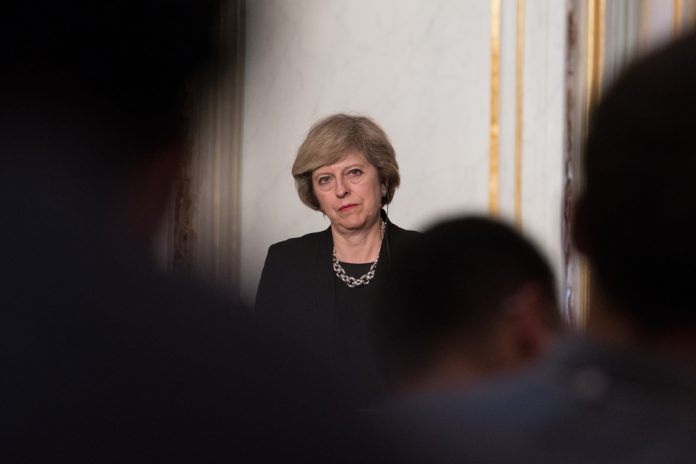Over 100 days have passed since Britain voted to leave the European Union, and still there is minimal insight into what a Brexit will mean for the UK.
During a speech at the Conservative party conference in Birmingham, Theresa May finally revealed a proposed timeline for initiating the formal process to withdraw from the European Union (EU) after months of speculation by both the media and markets. According to the Prime Minister, Britain should expect to have left the EU by mid-2019 at the latest. However, the post-Brexit political climate has given rise to an increasingly uncertain state of affairs, with the Government continuing to remain vague on the specifics.
One of the key arguments put forward for leaving Europe was to ensure the British people felt more in charge of their country’s destiny. The far-removed bureaucrats of the European project were deemed unaccountable, and the European Parliament viewed as an inherently inefficient political entity. The imposition of European law was ultimately seen to have endangered the sovereignty of Britain’s parliament. However as Theresa May’s premiership continues to reveal, Brexit has arguably given the government a license for the imposition of an increasingly autocratic style of leadership.
100 days on and Britain now finds itself – somewhat ironically – with an un-elected government, and a leader that enjoys minimal checks on her power. Whilst the Executive has always been the most dominant branch of the British system of government (as the Blair years will testify), the advent of Brexit may have solidified this tendency further. This has been further exacerbated by the continued disarray of the opposition; Labour remains preoccupied with internal quarries and factionalism, making it less able to decisively hold the Conservatives to account.
As the months since the vote have shown, the lack of clarity over Brexit’s real meaning has allowed May’s government to exploit the abstract, fluid notion of ‘Brexit’ and mould it to their legislative agenda.
What can the British public expect?
Concrete plans remained elusive after May’s speech, with no real illumination on the proposed plan for EU negotiations or the government’s intended trajectory beyond the March 2017 date for triggering Article 50.
There was however, a clear emphasis on controlling immigration – a key pillar of May’s policy during her time in the Home Office. The Prime Minister was keen to state that the increasingly popular narrative on ‘hard Brexit and ‘soft Brexit’ is ‘a false dichotomy’. May’s remark dismissed any room for compromise or negotiation on the terms of Brexit, continuing to assert that “the country voted to leave the EU and we are going to leave the EU”. This matter-of-fact stance remains consistent with the image May has continually attempted to project through-out her leadership bid. However, offering no appeasement for the 48 percent of the nation that voted against Brexit is a concerning development for British democracy.
With no precedent for the Brexit process, there are no verifiable and tangible means of judging May’s performance for the British public and those across all sides of the EU debate. The public continue to find themselves in dangerous – and somewhat unfamiliar – territory. How can the public hold the Government to account, when we still don’t really know what ‘Brexit’ is?
Without an objective standard of judgement for the public and the opposition to compare May to, the only foreseeable check for the Conservative government is the prospect of a 2020 election – which is likely to be after the Brexit process has been completed.
As the months continue to pass and the meaning of Brexit still to be clarified, British businesses and the general public have little choice but to put their blind faith in May’s leadership. For many, a vote for Brexit was a vote against the establishment – an opportunity to ‘take back control’. Ironically, however, we now now find ourselves with less power than ever before.

